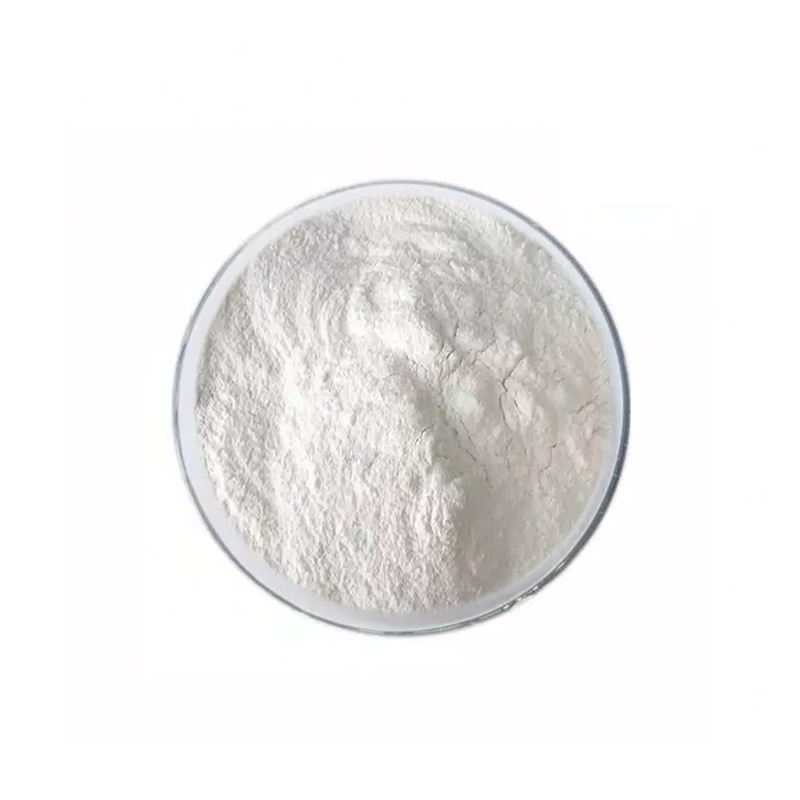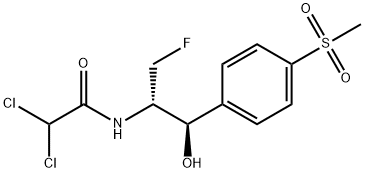Results from a clinical trial have shown that a pH-balanced form of vitamin C, sodium ascorbate, is effective in treating sepsis, which claims 270,000 American adult lives every year.
“Sepsis accounts for 35–50% of all hospital deaths," said Yugeesh Lankadeva, the study's lead investigator at the Florey Institute of Neuroscience and Mental Health, Australia. "It occurs when the immune system fails to fight off an underlying infection, causing life-threatening falls in blood pressure, multiple organ failure, and death." Splenda Aspartame

While it's notoriously difficult to treat, scientists from the Florey in Melbourne are now moving onto the next phase of testing, with a nationwide trial of 300 hospital patients, after hugely promising results from the first stage of testing on sepsis sufferers.
In the first trial of 30 patients receiving intensive care treatment, 15 were given sodium ascorbate via their bloodstream and 15 a placebo. Those who were given sodium ascorbate produced more urine, suggesting improved kidney function, and required less noradrenaline treatment to restore blood pressure to a safe range. It also resulted in signs of better organ function across the board.
“Sepsis is the biggest killer in intensive care units,” Professor Bellomo said. “It often develops so quickly that patients are already critically ill by the time they reach us. A treatment that acts quickly, is safe and highly effective would be an absolute game-changer.”
Around 1.7 million American adults develop sepsis each year. Telltale signs are fever, chills, rapid breathing and heart rate, rash, confusion, and disorientation. Because these symptoms are shared by a lot of serious illnesses, sepsis is particularly difficult to diagnose and treat in its early stages.
“We’ve seen dramatic results in our work with preclinical studies, where an extremely high dose of sodium ascorbate resulted in full recovery within just three hours, with no side effects," said professor Clive May, who has spent more than two decades researching sepsis treatment. It’s heartening to see all those years of painstaking research pay off with a treatment now within reach for patients."

Niacin And Cholesterol The research was published in the journal Critical Care.